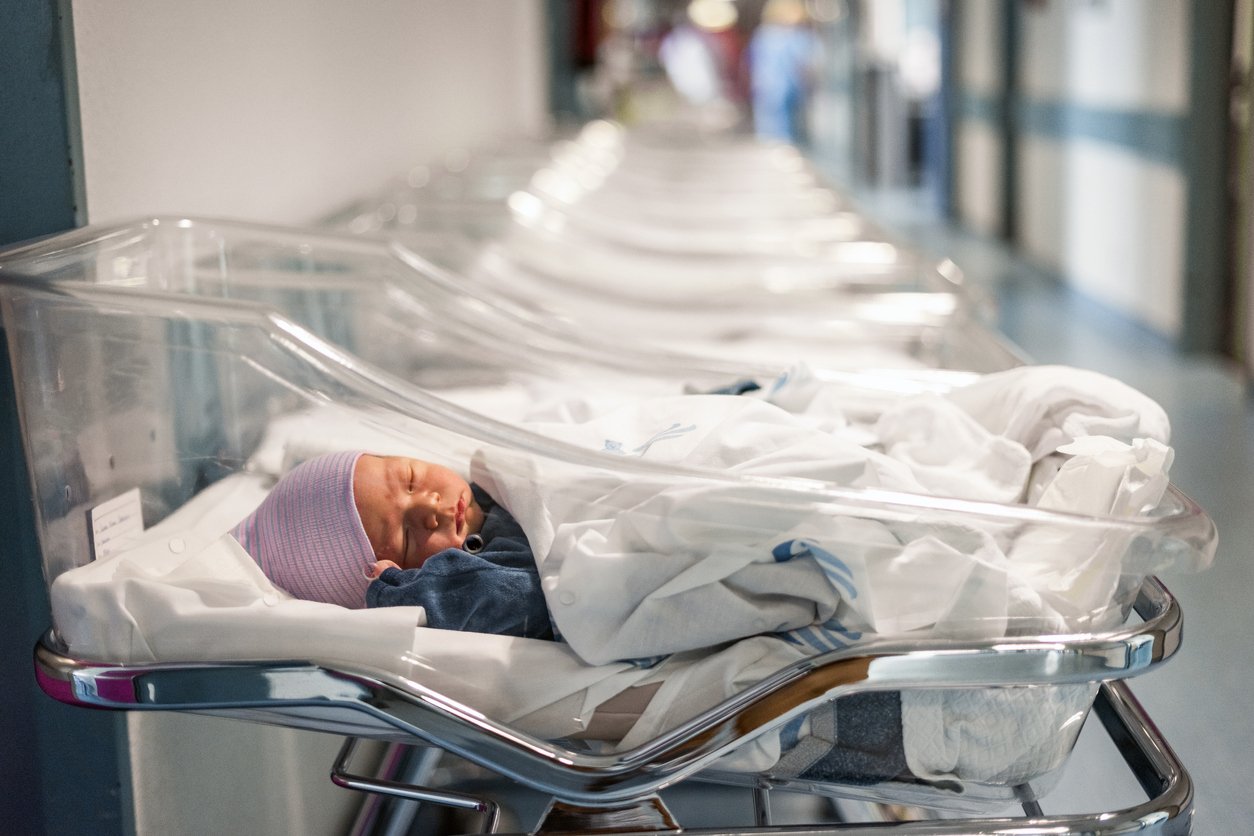Some 136 patients received care at the Rotunda Hospital’s teenage pregnancy service last year, with around one-third being from the Roma community, according to the hospital’s annual report. This was a small increase from 126 patients in 2019. The service, headed by Consultant Obstetrician and Gynaecologist Dr Geraldine Connolly, provides antenatal care to teenagers up to the age of 19. The clinic may also be attended by other vulnerable patients, including teenage multiparous mothers, as they may benefit from the continuity of care and specialised approach provided.
In 2020 some 59 per cent of attendees at the service were Irish, including 10 per cent from the Travelling community. Roma patients accounted for 32 per cent of attendees. The report noted that one patient from a Roma background “delivered at home with no medical or midwifery input due to fear of Covid-19 infection in the hospital”. In terms of pregnancy outcomes for the 121 patients who delivered during the year, there were 79 spontaneous vaginal deliveries, 21 operative vaginal deliveries, five elective Caesarean deliveries, and 16 emergency Caesarean deliveries.
The overall Caesarean delivery rate in the teenage population was 17 per cent, which was “consistent with prior years’ experience”. “It remains reassuring to see a low Caesarean section rate in this young population,” outlined the report. “The excellent attendance rate for routine antenatal care visits during the Covid-19 pandemic was also notable, with 71 per cent of patients accessing supports from the Medical Social Work Service. Our Clinical Midwife Specialist became qualified in examination of the newborn, thereby providing continuity of care in the postnatal ward.”
However, the report also noted that “cancellation of some in-person postnatal clinics due to Covid-19 caused some challenges to continuity of care for this group of patients. Additionally, poor attendance at virtual antenatal classes was also noted.” The service had several complex cases where patients had significant mental health issues. Three homeless patients also required additional service supports.
“A number of late hospital registrations were noted in patients with very poor English, with an increased requirement for translation services,” added the report. It was also noted that increased dietician input would be required for this
“vulnerable, poorly nourished population” with ferritin levels to be checked routinely at booking.













Leave a Reply
You must be logged in to post a comment.